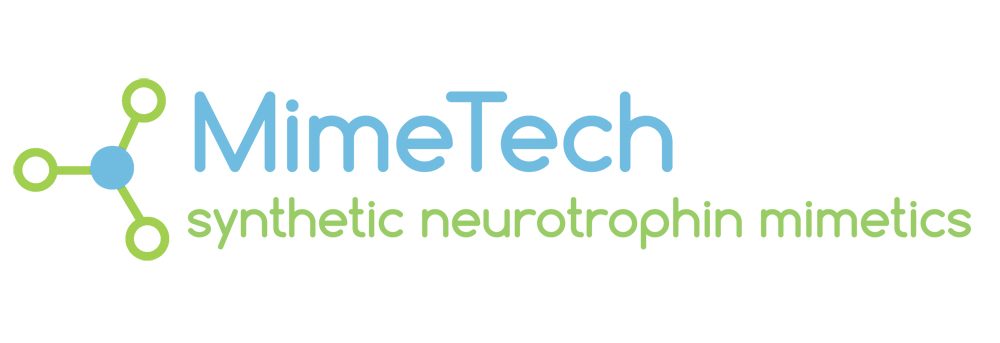Amyotrophic Lateral Sclerosis
Synonym(s) Charcot disease, Lou Gehrig disease
Synonym(s) Charcot disease, Lou Gehrig disease
ORPHA378
ICD-10 G12.2
UMLS C1527336
MedDRA 10040767
Status Under evaluation
What is Amyotrophic Lateral Sclerosis?
Amyotrophic lateral sclerosis (ALS) is a neurodegenerative disease characterized by progressive muscular paralysis reflecting degeneration of motor neurons in the primary motor cortex, corticospinal tracts, brainstem and spinal cord.
Approximately two thirds of patients with typical ALS have a spinal form of the disease (limb onset) and present with symptoms related to focal muscle weakness and wasting, in which onset of symptoms may start either distally or proximally in the upper and lower limbs. Gradually, spasticity may develop in the weakened atrophic limbs, affecting manual dexterity and gait. Patients with bulbar onset ALS usually present with dysarthria and dysphagia for solids or liquids. Limb symptoms can develop almost simultaneously with bulbar symptoms, and in the vast majority of cases will occur within 1-2 years. Paralysis is progressive and leads to death due to respiratory failure within 2-3 years for bulbar onset cases and 3-5 years for limb onset ALS cases.
What is the estimated number of patients affected by the condition?
Incidence (average around 1/50,000 per year) and prevalence (average around 1/20,000) are relatively uniform in Western countries, although foci of higher frequency have been reported in the Western Pacific.
What treatments are available?
The management of ALS is supportive, palliative, and multidisciplinary. Non-invasive ventilation prolongs survival and improves quality of life. Riluzole is the only drug that has been shown to extend survival.
